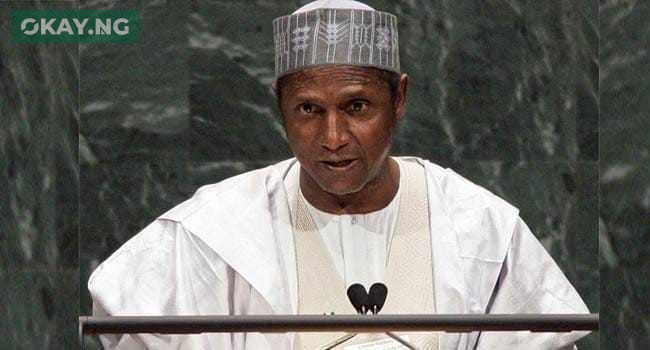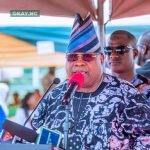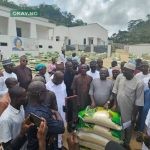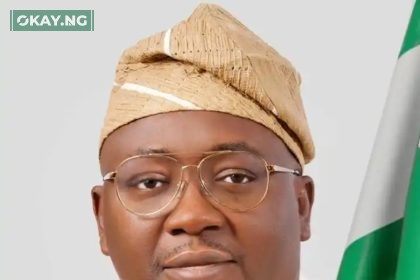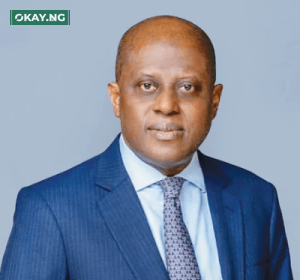On May 5, 2010, Nigeria mourned the passing of its 3rd democratically elected President, Umaru Musa Yar’Adua.
He died at the Aso Rock Presidential Villa and was buried the following day in his hometown of Katsina.
This article remembers Yar’Adua’s life, political journey, and the legacy he left behind.
Biography
- Umaru Musa Yar’Adua was the 3rd democratically elected President of Nigeria
- He served as President from 2007 until his death in 2010
- Born on August 16, 1951, in Katsina, Northern Nigeria
- Came from an aristocratic Fulani family with a strong legacy in Nigerian politics
Education
- Attended prestigious schools throughout his early life
- Graduated from Government College in Keffi in 1969
- Attended Barewa College
- Studied chemistry at Ahmadu Bello University, graduating in 1975
- Pursued a postgraduate program at Stanford University, California
Political Journey
- Political career began in the late 1970s as a lecturer
- Ventured into business before actively joining politics in the late 1990s
- Became a member of the People’s Democratic Party (PDP)
- Served as Governor of Katsina State from 1999 to 2007
- Known for relatively uncorrupt governance and public sector reforms
Presidency and Controversies
- Elected President of Nigeria in 2007 amidst allegations of electoral fraud
- Promised electoral and other significant reforms
- Introduced the “Seven Point Agenda” to address national issues
- Tenure plagued by health issues and prolonged medical absences
- Power vacuum during his 2009-2010 medical absence led to a political crisis
Health and Death
- Had a long-standing kidney condition and later suffered acute pericarditis
- Health declined significantly during his presidency
- Died on May 5, 2010, at the age of 58
Legacy
- Remembered for efforts to maintain peace in the Niger Delta
- Attempted economic reforms and fighting corruption
- Took steps towards stabilizing Nigeria’s political landscape
- Legacy mixed due to uncompleted initiatives and governance challenges


